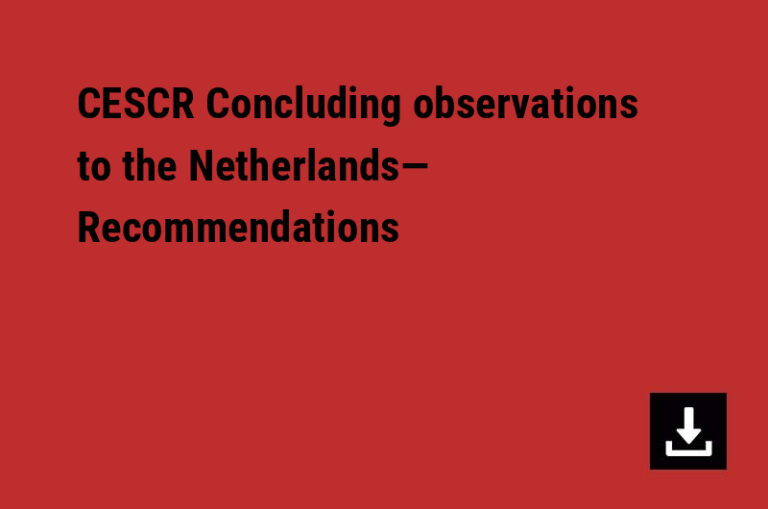The U.S. Supreme Court recently delivered a devastating blow to homeless people, greenlighting the criminalization of poverty and denying the most vulnerable group in America potentially life-saving Constitutional protections. In a chilling decision, the Court ruled that jailing and fining people for sleeping outdoors on public property when they have nowhere else to go is not “cruel and unusual punishment,” even though sleeping is necessary to sustain human life.
The fallout from this ruling has been swift and alarming, with California – home to half of the country’s unhoused population – leading a dangerous charge that threatens to exacerbate the homelessness crisis the state is facing.
Governor Gavin Newsom, in a misguided and harmful move, introduced an Executive Order directing state agencies to clear homeless encampments on state property. This approach mirrors the counterproductive strategies already in place in Los Angeles, where criminalization of homelessness has become the norm rather than the exception. These strategies have undeniable economic, social, and moral pitfalls that will worsen under Newsom’s Executive Order.
Economic Costs: Wasted Resources, Perpetuated Inequities
This policy direction lays bare an obvious disconnect between the actual causes of homelessness and responses by U.S. policymakers to address it. Harvard research reveals that the primary driver of homelessness is skyrocketing housing costs, leaving even full-time workers unable to afford shelter. In Los Angeles, over half a million renters do not have access to affordable housing, and almost 60% of renters are “cost-burdened,” paying over 30% of their income for housing. Yet, instead of addressing unaffordability, Governor Newsom and California are using taxpayer money to fund punitive measures that serve to drain public resources and exacerbate racial and other inequities while leaving the root causes of homelessness unaddressed.
Social Costs: The Dehumanizing Impacts
A recent Human Rights Watch report reveals that from 2016 through 2022, 38% of all Los Angeles Police Department arrests and citations combined were of unhoused people, including nearly 100% of all citations and over 42% of all misdemeanor arrests. This criminalization not only costs money, it also causes human suffering while doing nothing to solve homelessness, instead merely making unhoused people disappear from sight.
According to the Human Rights Watch report, over 75,000 people are without housing in Los Angeles County alone, with more than 46,000 in the city of Los Angeles. This represents a staggering 10% increase from the previous year. Even more alarming, on average, over six unhoused people die every day in Los Angeles County – a stark reminder of the life-threatening consequences of inadequate housing policies.
Moral Costs: Violating Human Rights and Moral Obligations
Newsom’s actions, like those of Los Angeles officials, fly in the face of international human rights law and expert recommendations. Just a week before the Supreme Court’s decision, UN experts warned that punishing homeless people for their homelessness violates human rights to life, health, and housing, and constitutes cruel and inhumane treatment. The experts emphasized that such approaches perpetuate historical legacies of discrimination and are neither cost-efficient nor effective at solving homelessness.
The costs of California’s new encampment guidance are clear. It threatens to set off a race-to-the-bottom domino effect of increasingly cruel policies across the nation as cities with more compassionate approaches fear becoming a ‘refuge’ for those pushed out of neighboring jurisdictions (despite the fact that studies show that outcome is unlikely). One California mayor has already declared, ‘I’m warming up the bulldozer.’ As the most populous state and often a trendsetter in policy matters, California’s approach risks influencing other jurisdictions to adopt similarly harsh measures, despite evidence showing their ineffectiveness. It’s a far cry from the promises the U.S. has long made to the huddled masses of the world.
The irony is that proven solutions exist and are being practiced in many cities across the U.S. Miami-Dade County, Milwaukee, and Houston have all seen significant reductions in homelessness through housing-first programs and dedicated funding for homeless services. These success stories stand in stark contrast to the approach being championed by Newsom and California.
Instead of punishing people for their poverty, policymakers must prioritize proven strategies that address the root causes of homelessness, like expanding rental assistance, improving public housing, introducing housing-first models, providing social supports, and ensuring robust legal aid and emergency financial assistance for those who need it. This requires efforts from all levels of government to ensure safe, affordable housing for all, especially the most at-risk populations.
The question isn’t whether California can afford to house its homeless population –as the richest state in the world’s wealthiest nation, it can – but whether it can afford the social, economic, and moral costs of failing to do so.
Governor Newsom and California stand at a critical juncture. Will they continue to use punitive measures against the vulnerable, setting a dangerous precedent for the rest of the nation? Or will they rise to meet the challenge of homelessness with compassion, wisdom, and a commitment to real solutions that align with human rights? The answer will shape not just the future of California, but the very nature of justice in America.


